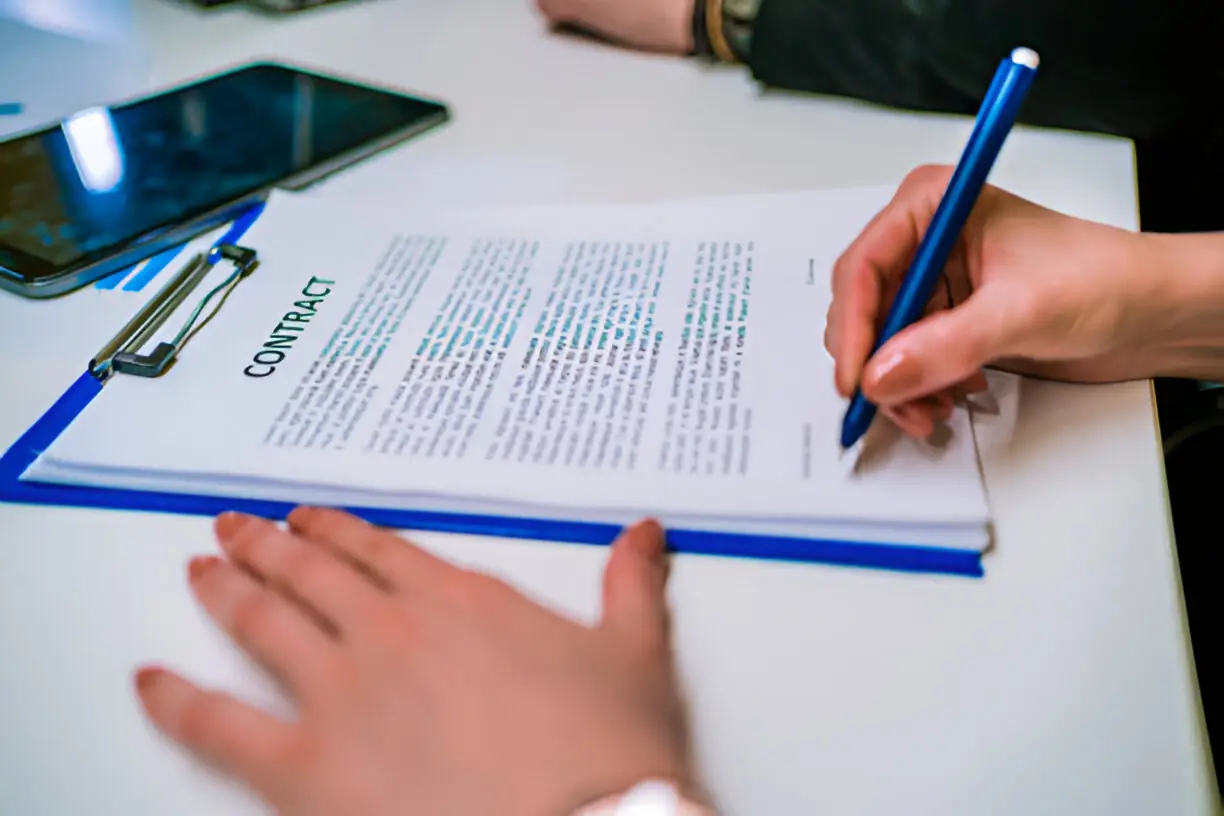Table of contents
- Why Improving Your Writing and Editing Skills Matters
- How to Improve Your Editing and Writing Skills: Practical Tips
- Advanced Strategies to Improve Your Editing and Writing Skills
- How to Improve Your Editing and Writing Skills Through Continuous Learning
- How to Improve Your Editing and Writing Skills: Common Mistakes to Avoid
- How to Improve Your Editing and Writing Skills: Final Thoughts
In today’s fast-paced world, effective communication is more important than ever. Whether you’re a student, a professional, or a creative writer, mastering the art of writing and editing can significantly enhance your personal and professional life. This article will guide you on how to improve your editing and writing skills through practical tips, actionable strategies, and expert advice. By the end, you’ll have a clear roadmap to elevate your writing and editing abilities.
Why Improving Your Writing and Editing Skills Matters
Before diving into how to improve your editing and writing skills, it’s essential to understand why these skills are so valuable. Strong writing skills allow you to express ideas clearly, persuade others, and build credibility. On the other hand, editing ensures your work is polished, error-free, and impactful. Together, these skills can open doors to new opportunities and help you stand out in any field.
Moreover, in the digital age, content is king. From blog posts to social media updates, the demand for high-quality writing is higher than ever. By learning how to improve your editing and writing skills, you can create content that resonates with your audience and drives results.
How to Improve Your Editing and Writing Skills: Practical Tips
1. Read Regularly and Analytically
One of the most effective ways to learn how to improve your editing and writing skills is by reading extensively. Reading exposes you to different writing styles, tones, and techniques. However, don’t just read passively. Analyze the structure, word choice, and flow of the content. Ask yourself why certain sentences work and others don’t. This analytical approach will help you internalize best practices and apply them to your own writing.
Additionally, diversify your reading materials. Explore fiction, non-fiction, articles, and even technical documents. Each genre offers unique insights that can enrich your writing and editing abilities.
2. Practice Writing Daily
Consistency is key when it comes to mastering any skill. Set aside time each day to write, even if it’s just a few paragraphs. Over time, this habit will help you develop a natural flow and improve your ability to articulate ideas. To make the most of your practice, focus on different types of writing, such as persuasive essays, creative stories, or professional emails.
Furthermore, challenge yourself to write on unfamiliar topics. This will push you out of your comfort zone and expand your vocabulary and knowledge base. Remember, the more you write, the better you’ll become at identifying areas for improvement.
3. Seek Feedback from Others
Another crucial step in learning how to improve your editing and writing skills is seeking feedback. Share your work with peers, mentors, or writing groups and ask for constructive criticism. Fresh perspectives can reveal blind spots and help you refine your writing.
When receiving feedback, keep an open mind. Instead of taking criticism personally, view it as an opportunity to grow. Over time, you’ll develop a sharper eye for detail and a deeper understanding of what makes writing effective.
Advanced Strategies to Improve Your Editing and Writing Skills
1. Master the Art of Self-Editing
Self-editing is a critical skill that separates good writers from great ones. After completing a draft, take a break before revisiting it with fresh eyes. Look for common issues such as grammar errors, awkward phrasing, and inconsistencies. Additionally, read your work aloud to identify areas where the flow feels unnatural.
To enhance your self-editing process, create a checklist of common mistakes to watch for. This might include overused words, passive voice, or unclear sentences. By systematically addressing these issues, you’ll produce cleaner, more polished content.
2. Use Editing Tools Wisely
While technology can’t replace human judgment, it can certainly complement your efforts to improve your editing and writing skills. Tools like Grammarly, Hemingway Editor, and ProWritingAid can help you catch errors and improve readability. However, don’t rely solely on these tools. Use them as a starting point, and always review their suggestions critically.
Moreover, familiarize yourself with style guides such as APA, MLA, or Chicago Manual of Style. These resources provide valuable guidelines for formatting, citations, and language usage, ensuring your writing meets professional standards.
How to Improve Your Editing and Writing Skills Through Continuous Learning
1. Take Writing Courses or Workshops
Investing in your education is one of the best ways to learn how to improve your editing and writing skills. Enroll in online courses, attend workshops, or join writing communities. These platforms offer structured learning opportunities and access to experienced instructors who can provide personalized guidance.
Additionally, many courses focus on specific aspects of writing, such as storytelling, technical writing, or copywriting. By honing these specialized skills, you can tailor your writing to different audiences and purposes.
2. Study the Craft of Writing
To truly master how to improve your editing and writing skills, immerse yourself in the craft of writing. Read books on writing techniques, such as On Writing by Stephen King or The Elements of Style by Strunk and White. These resources offer timeless advice on clarity, conciseness, and creativity.
Furthermore, analyze the work of writers you admire. Pay attention to how they structure their sentences, develop characters, or build arguments. By studying their methods, you can incorporate similar techniques into your own writing.
How to Improve Your Editing and Writing Skills: Common Mistakes to Avoid
1. Overcomplicating Your Language
Many writers mistakenly believe that using complex words and long sentences makes their writing more sophisticated. However, this approach often confuses readers and dilutes your message. Instead, aim for simplicity and clarity. Use straightforward language and break down complex ideas into digestible chunks.
2. Neglecting the Editing Process
Writing is only half the battle; editing is where the magic happens. Skipping or rushing through the editing process can result in sloppy, error-ridden content. Always allocate sufficient time for editing, and don’t hesitate to revise multiple drafts if necessary.
How to Improve Your Editing and Writing Skills: Final Thoughts
Improving your writing and editing skills is a journey, not a destination. By reading widely, practicing consistently, and seeking feedback, you can steadily enhance your abilities. Additionally, mastering self-editing, leveraging technology, and investing in continuous learning will take your skills to the next level.
Remember, the key to success is persistence. Even the most accomplished writers started somewhere. By following the strategies outlined in this article, you’ll be well on your way to mastering how to improve your editing and writing skills. So, pick up your pen, open your laptop, and start writing today!
By implementing these tips and strategies, you’ll not only improve your writing and editing skills but also gain confidence in your ability to communicate effectively. Whether you’re crafting a novel, drafting a report, or writing a blog post, these skills will serve you well in every aspect of your life.












